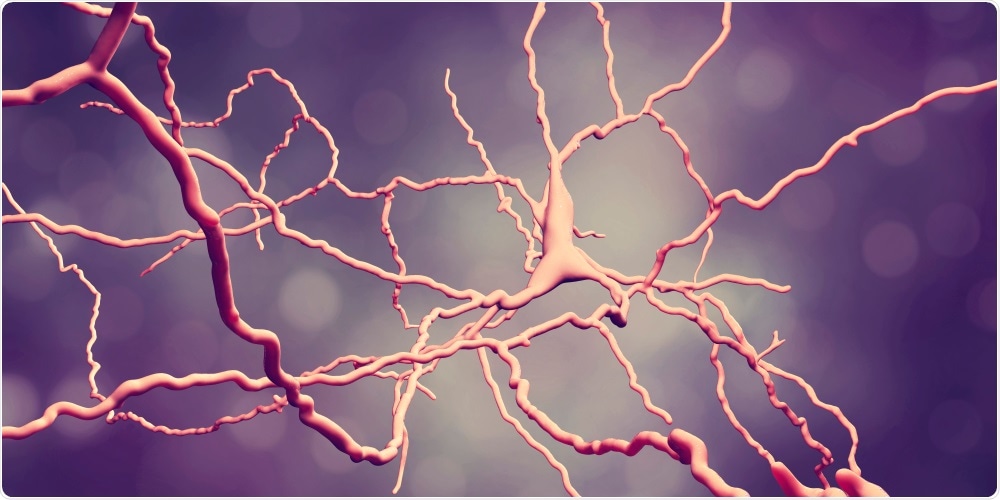
Scientists use new drug discovery system to target Huntington’s Disease
Scientists from the Medical Research Council Laboratory of Molecular Biology have used a new drug discovery system to specifically target enzymes called phosphatases, which were previously thought to be “undruggable.”
 Image Credit: Kateryna Kon / Shutterstock
Image Credit: Kateryna Kon / ShutterstockAs reported in the journal Cell, the team were able to identify a molecule that targets a specific phosphatase to decrease the accumulation of misfolded proteins associated with Huntington’s disease.
Phosphatases are important enzymes involved in cell signaling, which mainly starts with the activation of a signal when a phosphate group is added to a protein to alter its function.
The signaling is then deactivated by phosphatase enzymes that cut the phosphate group off.
Hundreds of phosphatase enzymes are involved in many cellular processes, so any drug designed to target them must be able to specifically target just the one phosphatase, to avoid destroying cells.
However, this has proved difficult because the part of the enzyme that eliminates the phosphate group is a found in all phosphatases and any drug designed to target one phosphatase therefore inhibits all of them and causes cell death.
Now, Dr Anne Bertolotti and colleagues have used a new drug discovery system to target a specific phosphatase and slow down protein production in the brain cells of mice.
Many neurodegenerative conditions such as Alzheimer’s and Huntington’s disease involve the accumulation of misfolded proteins in brain cells.
Bertolotti and team hoped slowing down a cell’s protein production machinery would leave its 'quality control machinery' with more ability to eliminate the misfolded proteins.
Using the new system, the team managed to find a molecule called Raphin 1 that specifically targeted just one phosphatase in a mouse model of Huntington’s disease and reduced the accumulation of misfolded proteins in brain cells.



































No hay comentarios:
Publicar un comentario